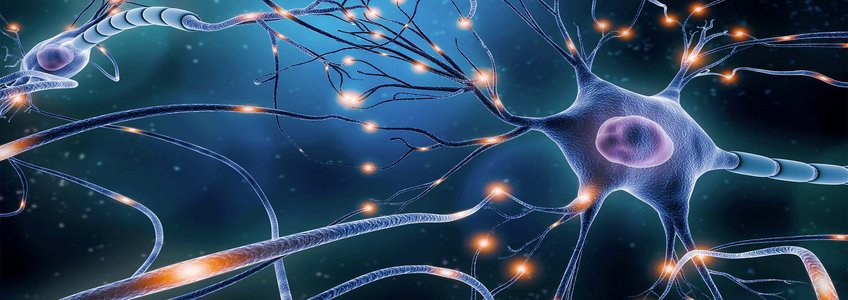
Module II:
Clinical and Translational Neuroscience
Teaching in this module focuses on the important role of clinical and translational neuroscience. Students will be armed with the basic knowledge of the most common neurological and psychiatric diseases, and how they can be differentiated and diagnosed. This requires a basic understanding of the human brain, both regarding neuroanatomy and neurotransmission. Stroke is an important teaching example and area of research with interventional strategies to prevent the development of risk factors, to stop risk factor-dependent processes leading to stroke and dementia, and to improve recovery from stroke. Furthermore, the importance of brain plasticity is exemplified in the context of stroke recovery. Furthermore, in the context of teaching in this module, neurodegenerative diseases will be discussed, including Parkinson’s and Alzheimer’s disease and the discoveries of cognitive maps and models are introduced.
The IMPRS CoNI has very close links to the clinic and clinical research. The Day Clinic for Cognitive Neurology at the University Hospital Leipzig (UKL) is closely affiliated with the MPI CBS (Director Arno Villringer and additional faculty members Hellmuth Obrig, Julia Sacher, Matthias Schroeter). To facilitate neuroimaging research in patients, the MPI CBS operates a 3 Tesla MRI system at UKL. A combined PET-MRI system has been acquired jointly with the Dept of Nuclear Medicine at UKL and recently, joint studies on ultra-sound-based neuromodulation are being performed with the Institute & Center for Computer Assisted Surgery (ICASS). Furthermore, the IMPRS CoNI has faculty from the Clinic of Neurology at UKL (Joseph Classen, Dorothee Saur).
This partnership with the Medical Faculty of LU is instrumental in covering the teaching and research topics in this domain, widening the intellectual horizon of the doctoral students.